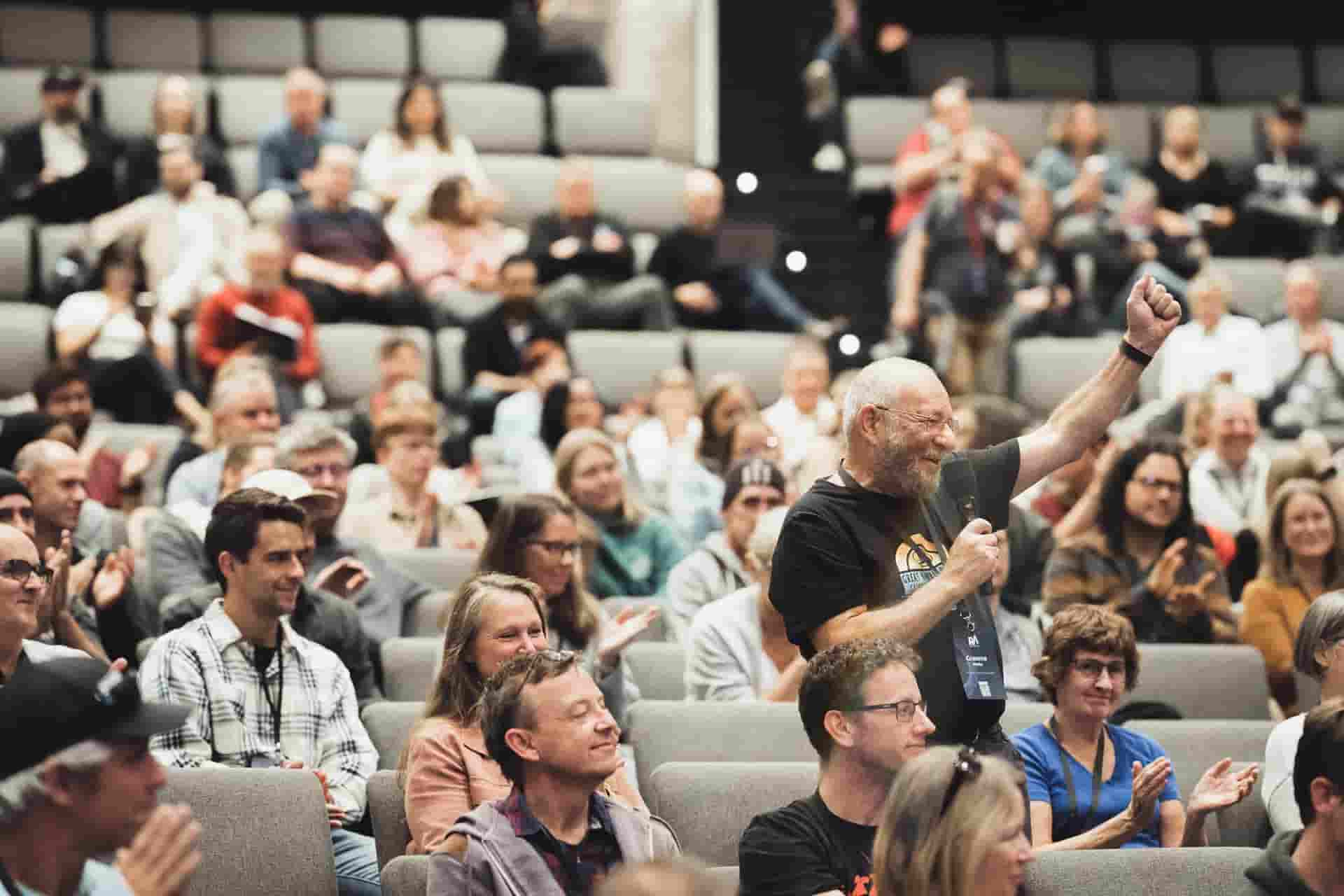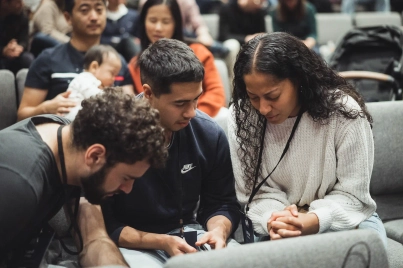Mark Short from the Bush Church Aid Society is spending three weeks with Geneva sharing his insights into country ministry, the assumptions that underpin it and how things will have to change if we’re to build thriving congregations in Australia’ rural areas. Check below for links to his other posts.
For many of our farming communities the challenges are different. Their populations are older and less mobile. Declining terms of trade and increases in productivity mean that many of them are experiencing steady declines in population as young adults have to re-locate to larger centres for education and/or work.
Here the great challenge is to tend inherited structures of ministry and mission while also developing new expressions to engage those not yet Christian. You could call this the challenge of faithful innovation recognising the good in the old so it becomes the inspiration for the best of the new.
By God’ grace, we have seen this happen in some of our BCA locations both through the renewal of existing ministries and the establishment of new ones. Of course this is a challenge for many of us regardless of where we live and so once again we have much to learn with and from one another.
Regional communities and the challenge of networking for growth
Larger regional centres like Bendigo, Ballarat, Wagga Wagga, Tamworth, Toowoomba, Mt Gambier and Geraldton are often called sponge communities because they have a tendency to soak up resources and people from their surrounding districts. They become the places people must go to for health care and shopping and to deal with banks and government departments.
The great challenge for ministry and mission in these regional centres is to squeeze the sponge so that some of the resources and maybe even some of the people begin to flow outwards again.
What might that look like?
It might look like a church in a regional city becoming a hub for the training and support of Christians in outlying towns.
It might look like a regional university campus becoming a centre where young people are discipled and given a vision for servant-hearted ministry in the bush beyond graduation as we’e seeing in BCA supported ministry at Launceston.
It might look like Christians dispersed across a wide area engaging and learning through online technology.
In a world where people wish to connect through networks rather than serve under hierarchies we have much to learn with and from the bush.
Lifestyle communities and the challenge of scepticism
We live in age of increased scepticism and even hostility toward the Christian faith, but we often assume that the bush is somehow immune from those trends as if closeness to creation gives you a head start in knowing the creator.
But the reality is that many rural communities, and particularly those with a high lifestyle component, are notable for their high level of scepticism towards what they see as organised religion. Locations like Maleny in Queensland, Nimbin and Byron Bay in New South Wales, Daylesford and Castlemaine in Victoria, Kangaroo Island in South Australia and Denmark in Western Australia have the same mixture of aggressive secularism and diffuse spirituality you might associate with inner city Sydney or Melbourne.
At BCA we are learning to engage with these communities through friendship and courageous, clear and creative gospel proclamation there is much we can learn from each other…
Mark Short will return next week with his third and final instalment – Indigenous communities and the challenge of partnership


